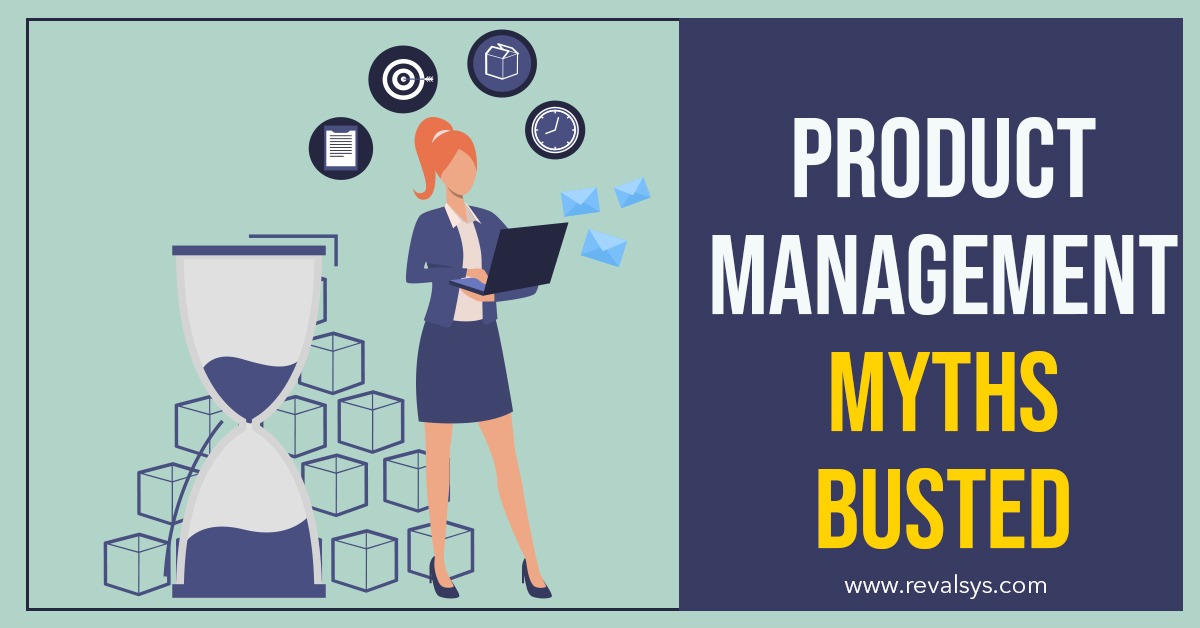
The more popular a profession becomes, the more it is talked about and the more myths spread about it. This makes it easy to discover myths, and easier to fall for them if one is new to the field. Product management is one such growing field.
Product management and the role of a product manager are highly misunderstood as his responsibilities differ in different companies. If you are an aspiring product manager or are looking to grow in this field, here we have dispelled some of the most common myths about product management:
Product Management And UX Design Are The Same
UX designers study user behavior, preferences, and problems to design a solution that meets user needs and reflects its brand’s values. They make sure that products are nice to look at and easy to use. They then test their products and gather user feedback at every step of the process to keep improving the products. Product managers monitor the progress of the teams involved in creating products to ensure the delivery of the right products at the right time.
A Product Manager Is The CEO Of His Product
A CEO is the highest-ranking individual of an organization. He has complete authority and responsibility for his company. On the other hand, a product manager does not have complete ownership of a product. He is only a facilitator and not a decision-maker in the process of building a product. He cannot build his own team. He is responsible for the completion of a product built by a team that is managed by someone else. He oversees the work of the team but does not command them.
A Product Manager And A Project Manager Are The Same
Just like a UX designer, a project manager also works with a product manager. A project manager oversees the planning of a product, sets a budget and a time limit for its completion, makes sure that it is completed within those limits, and hires staff and assigns them responsibilities. A product manager gathers customer requirements, defines a product vision and strategy, and oversees the making and the delivery of a finished product.
A Technical Degree Is Necessary To Become A Product Manager
Product managers are required to have an understanding of their industry and technology, not a degree. They work closely with developers and engineers on a daily basis. Having technical knowledge helps product managers to communicate effectively with their team members, understand their issues, and provide them with their inputs.
A Product Manager’s Job Is Done Once His Product Is Launched
A product and a product manager’s journey do not end once the product is launched. In fact, the launch marks the start of a new journey for the product manager. He should constantly monitor social media and online review platforms for customer reviews and ratings of his products. Customer preferences keep changing with changing trends and technologies, and a product manager should keep incorporating them into his product to improve it and keep it relevant.
